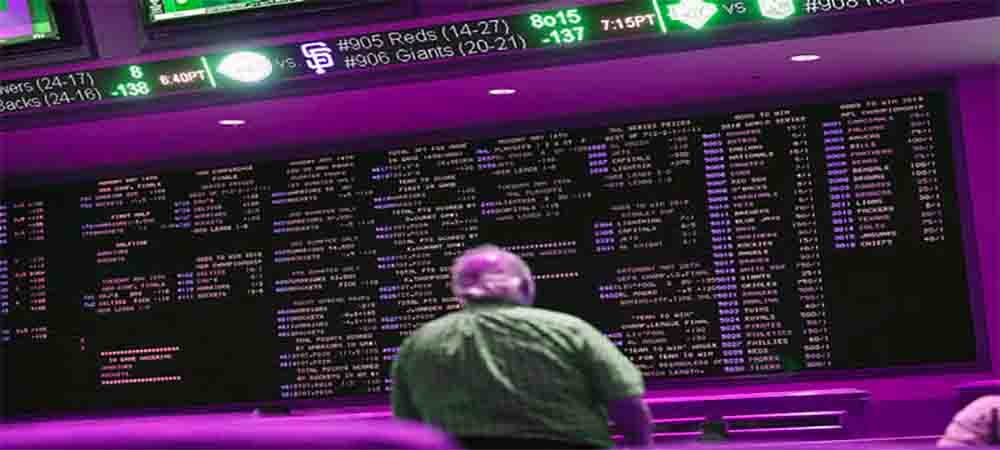Sports betting in the US is limited due to standing federal gambling laws. Widespread sports betting legalization is growing more and more plausible, though there is one component that could hinder progress—Indian tribes. Tribal casinos make up a generous portion of the US gambling landscape, and tribes have been wary of sports betting and its impacts on existing compacts between states and tribes, but a new lobbying group has emerged with the sole intention of examining what legal sports gambling would look like.
The Indian Sports Betting Working Group (ISBWG) has been tasked with determining how the current Indian casino market (which is a $31.2 billion industry) can integrate legalized sports betting into their platform. The group will look at how they can adapt to include provisions for sports wagering, online gambling, daily fantasy sports and other new forms of state regulated gambling. The group is expected to be formed by the end of this year, according to Ernie Stevens, Chairman of the National Indian Gaming Association (NIGA).
NIGA made headlines earlier this year by joining a coalition sponsored by the American Gaming Association (AGA), a lobbying group for land based and online gambling, supporting the repeal of the Professional and Amateur Sports Protection Act (PASPA). PASPA is the federal ban on state regulated sports betting applicable to 46 states. While NIGA has intimated that their involvement is only on an monitoring level and they aren’t advocating for PASPA’s repeal, their presence in the coalition hints at a separate agenda.
Legal offshore gambling is the current standard for online sports betting in the US. Americans are able to access these offshore sportsbooks from their own homes without fear of legal prosecution. There is no mention of offshore sportsbooks anywhere in the federal gambling laws, and they are outside US jurisdiction. The amount of revenue pulled in by these offshore brokers is high, leading the US to finally begin considering legalizing the industry.
Tribes work under the Indian Gaming Regulatory Act and state-tribe compacts. These compacts take time to draw up, as tribes and states have to agree on regulatory standards. Adding sports betting to the mix could potentially mess up standing compacts, and drawing up new ones will be a long process. The general perception is that if PASPA is repealed, sports betting will be left up to individual states. This means that tribes will undoubtedly have to coordinate with different states in forming compacts that satisfy the requirements of all involved parties.
Indian tribes are concerned with competition that could emerge through new brick-and-mortar and online sportsbooks. It is better to jump on the bandwagon before it is too late, because all signs are pointing to PASPA being repealed sometime soon. There is no way of knowing how long ISBWG’s case study will take and what the effects will be, but time is of the essence. If sports betting is legalized, tribes will be scrambling to keep up with states pushing to implement the new market.

